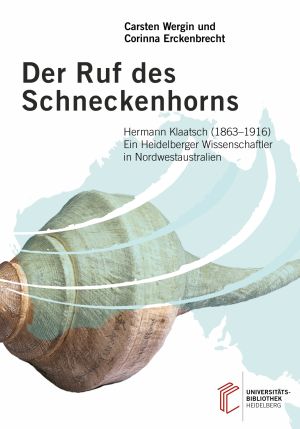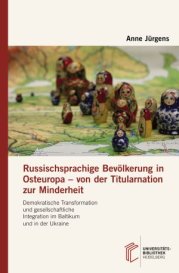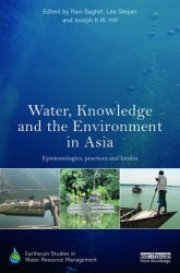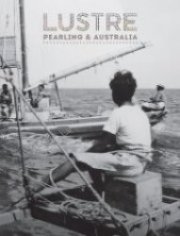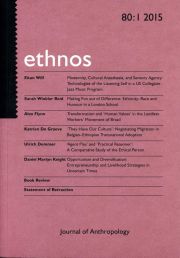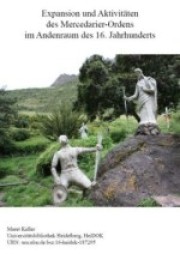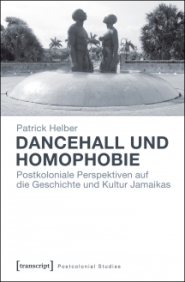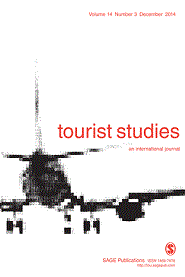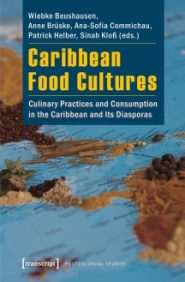B.D. Binder
A Case Study in Nationalism and Gender – the Amur Society (Kokuryūkai), 1917-1936
Key texts within so-called classical theory of nationalisms show a distinct and telling neglect of the gendered and gendering formative processes involved in nation-building. Several works by feminist scholars since the mid-1980s have contested this view by arguing that neither nationalisms nor the nation can be sufficiently understood without their respective integral gender(ing) parts. Historians of Japan have given the Amur Society (黒龍会, established 1901, disbanded 1946) a prominent place in the history of ultranationalist Japan, but no published study has analyzed the gendered nationalist discourse of the Amur Society yet. The study seeks to critically fill this historiographical gap by focusing on the discourse of masculinity in the name of the nation as exemplified by the male homosocial Amur Society, “the pan-Asian society par excellence” (Sven Saaler), and its founder Uchida Ryōhei (内田良平, 1874-1937). The thesis’ aim is to expound how discourses of masculinity were constructed in the name of the nation and to explore the historical specificity of such discourses whose traces arguably extend to our times.
Zur Person:
B.D. Binder
University of Heidelberg
Transcultural Studies
Marstallstr. 6
69117 Heidelberg
Phone: 06221/5478-60
Fax: 06221/5478-62
Primary email-address: biru.binder@gmail.com
CV
Research Interests
Political paradoxa
(Trans) Gender Theory
History of Modern Japan
Japanese Film
Academic Employment
October 2008 - 31st December 2011
Research Associate, Junior Research Group “Nationalism and Gender in the United States, Japan and Germany 1900-1945”, University of Heidelberg.
April 2006 – September 2006
Teaching Assistant, Department of English Studies, University of Cologne
April 2005 – December 2005:
Research Assistant, Department of History, University of Cologne
Scholarships
from Sept. 25th, 2011: ERASMUS Ph.D.-student at SOAS, London
June 2010 – August 2010: German Institute for Japanese Studies (DIJ), Tokyo
October 2003 – December 2003
German Academic Exchange Service (DAAD): Research stay in Yokohama/Tokyo
September 1999 – July 2000
Federal Education and Trainings Assistance Act (BAföG): Waseda University, Tokyo
June 1999 – August 1999 Japan Foundation:
Japanese Language Institute Kansai, Osaka
Education
September 2010 – present
Ph.D. Student, University of Heidelberg
June 2004
M.A., University of Cologne: Japanese Studies, Media Studies, English Studies
M.A. Thesis: “Yakuza – a social phenomenon and its representation in movies of Kitano Takeshi”
Publications
Articles
forthcoming:
「男の道」に就いて:『亜細亜時論』とThe Asian Review の武士道ディスクール(1917-21) [On “The Manly Way”, Bushidô discourse in Ajia jiron and The Asian Review, 1917-21], in: CEEJA 『2011アルザス日欧知的交流事業 日本研究セミナー:大正/戦前』
Reviews
Tobias Nagl: Die unheimliche Maschine. Rasse und Repräsentation im Weimarer Kino. Edition text + kritik, 2009, in: KONKRET 10.2009.
Jack Holland: Misogynie. Die Geschichte des Frauenhasses. Frankfurt/M.: Zweitausendeins, 2007, in: KONKRET 03.2008.
Presentations
Participant of the 2011 Intellectual Exchange Program, Japanese Study Seminar “Taisho - Prewar (Showa)” at the CEEJA in Kientzheim, France (CEEJA/Japan Foundation) (presentation scheduled for September 12, 2011)
Participant of the 7th EAJS workshop for doctoral candidates, 21-24 August, 2011 in Käsmu, Estonia (funded by Japan Foundation & Toshiba International Foundation) (presentation given on August 23, 2011)
“The Manly Way – Bushidô-discourse in Ajia Jiron and The Asian Review (1917-1921)“, panel 749 “Discursive Masculinities in Modern Japan”, AAS-ICAS Joint Conference “70 Years of Asian Studies”, Honolulu, Hawaii, 04/2011
“The Manly Way – Bushidô-discourse in The Asian Review, 1920-21”, German Institute for Japanese Studies (DIJ), Tokyo: DIJ Study Group, 07/2010
Organizer
Panel „Discursive constructions of masculinity, past and present“, presenters: Emma E. Cook, Ph.D., Ronald Saladin, M.A., B.D. Binder, M.A., German Institute of Japanese Studies (DIJ), Tokyo, 07/2010
Memberships
Associated Member to the Cluster “Asia and Europe in a Global Context”, Heidelberg
European Association for Japanese Studies (EAJS)
Association for Asian Studies (AAS)



